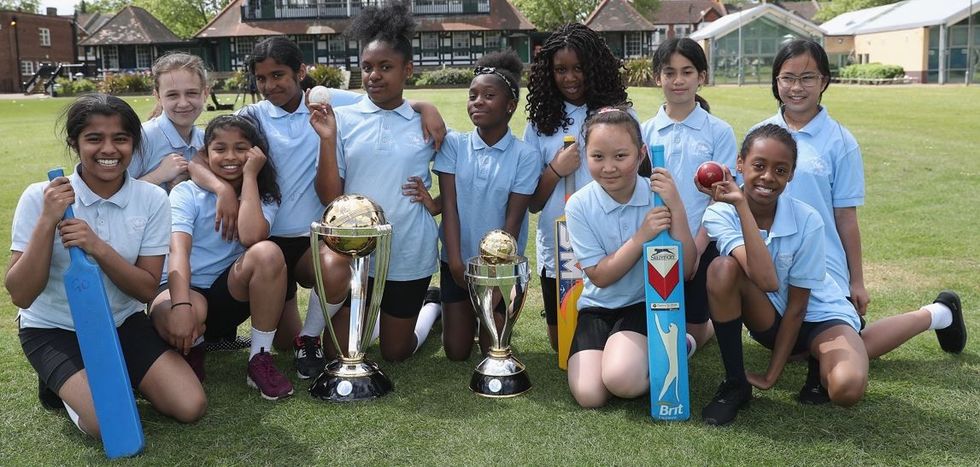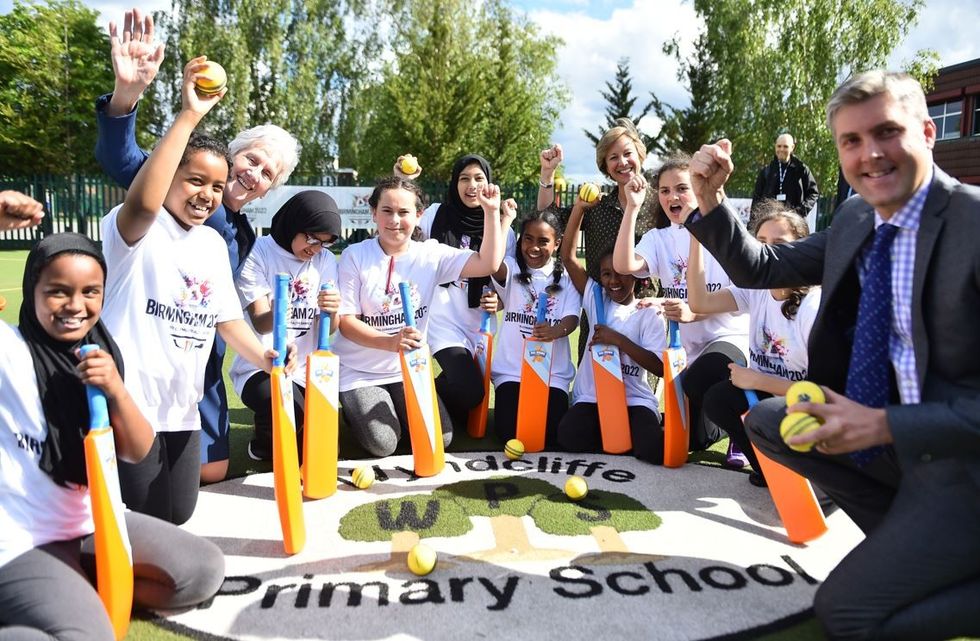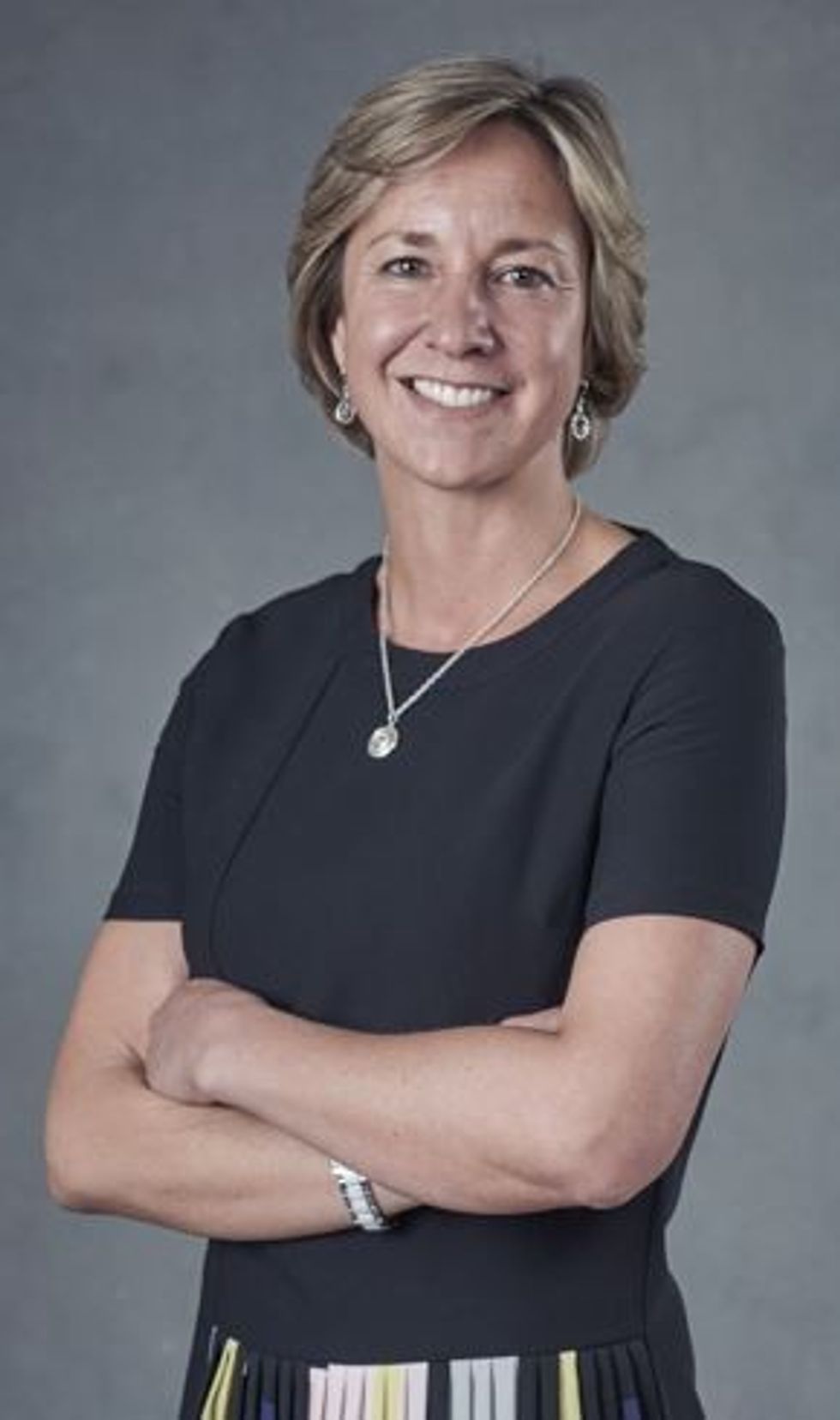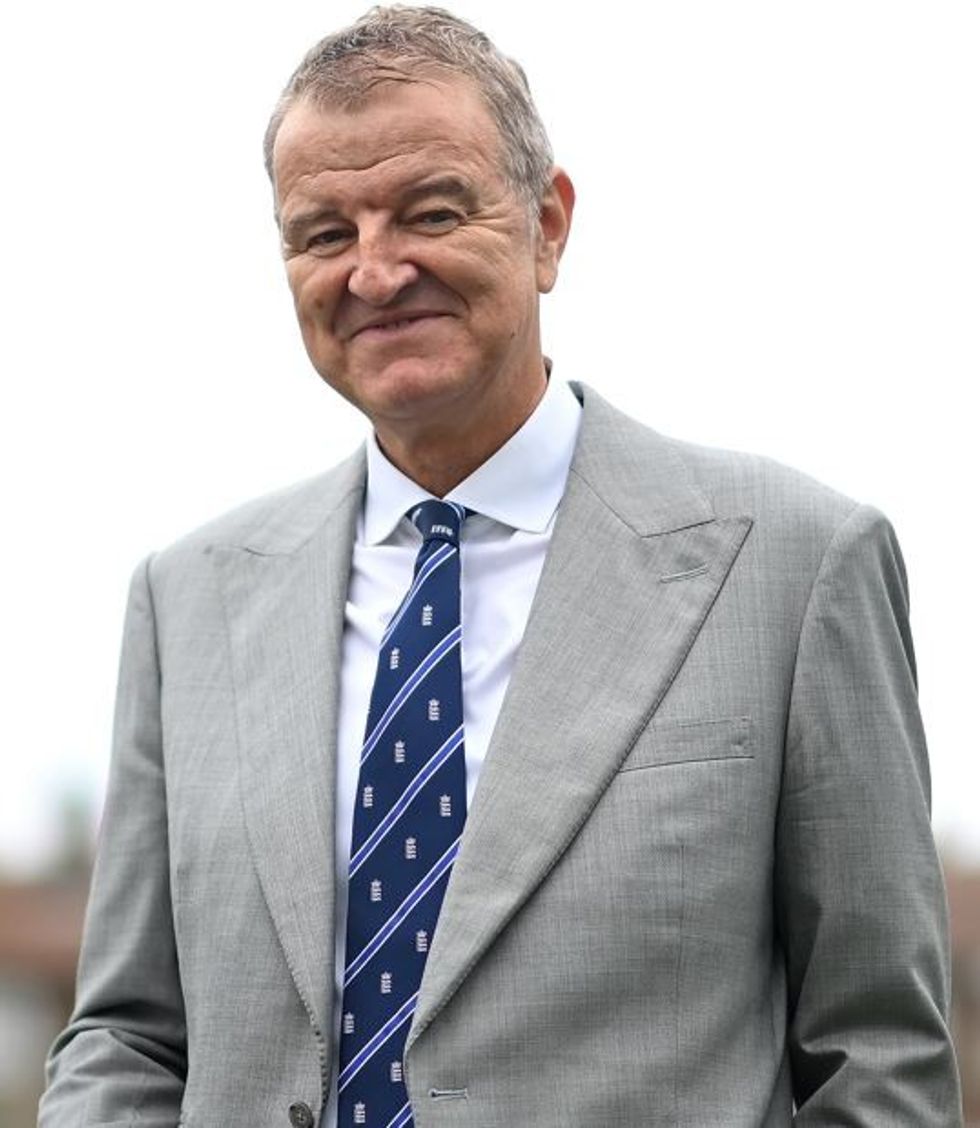AN INDEPENDENT regulator and investment in talent pathways for children from disadvantaged backgrounds are among the initiatives that will be implemented by the England & Wales Cricket Board (ECB) in its efforts to make cricket more inclusive, after a report found widespread discrimination across the sport.
The ECB published its response on Monday (25) after the Independent Commission for Equity in Cricket (ICEC) outlined 44 recommendations in the report, which found evidence of deeprooted racism, sexism, classism and elitism. After a three-month consultation, the ECB said it accepted “most” of the ICEC report’s recommendations.
“The ICEC report was a massive moment for the sport and a responsibility we take extremely seriously, to bring about the changes we all want to see,” said the ECB chief executive, Richard Gould.

“We are on a journey to try to change history in terms of what cricket looks like and will look like.”
The report recommended the creation of a new regulatory body, independent of the ECB, within the next year. This regulator will be in place before the start of the 2024 season and will report to the Independent Cricket Regulatory Board, the ECB said.
It will undertake investigations and enforce regulations on inclusion and discrimination, and has the power to refer any discrimination within the professional game to a disciplinary panel.
The ECB insisted that although it will appoint this new body – unlike the proposals for a fully independent regulator in football – it will operate at arm’s length and be separate from the main business of the cricket board.
The ICEC was established in 2021 following a racism scandal centred around the treatment of Pakistan-born bowler Azeem Rafiq during two stints at the Yorkshire County Cricket Club.
One of the recommendations the report made when it was published in June was for the the board to issue an unreserved public apology for its failings, which ECB chairman Richard Thompson did at a press conference on Monday. “I want to double down on our apology to those we have let down and discriminated against,” he said.
“There is no doubt that the ICEC highlighted to great effect the impact of discrimination on individuals and the extent of the systemic challenges to be addressed,” Thompson added.
“Its in-depth analysis also presented an opportunity to put in place a comprehensive plan of action that will deliver meaningful change and rebuild trust among the communities we serve.”
As well as setting up an independent regulator, the ECB plans to enhance equality, diversity and inclusion standards (EDI) for county teams, that will include more ambitious targets for gender and ethnic diversity.
The ECB will assess counties’ performance against minimum EDI standards and will reallocate matches from venues if there is evidence of non-compliance.
The governing body added it will also publish a state of equity report every three years. and adopt a more “transparent and accountable” approach to EDI.
“This response represents a set of actions that will accelerate and intensify our work to make cricket a game for everyone, actions that cricket can deliver and fund within an achievable timeframe,” said Thompson. “It builds on a huge amount of work already undeway right across the network.
“Cricket hasn’t got it right in the past, but this is an opportunity to move forward together. I’d urge everyone to now come together, to put their energy and effort into delivering these actions, and to play their part in ensuring cricket becomes England and Wales’ most inclusive team sport.”
The ICEC recommended an overhaul of school cricket and talent pathways to “make it more meritocratic, inclusive, accountable, transparent and consistent”.
An investment of £2 million will go towards redesigning the talent pathways to attract more players from state schools and black and Asian backgrounds.

Among the five charities to benefit from this funding will be the South Asian Cricket Academy (SACA), which will receive £260,000 over the next two-and-a-half years. SACA currently operates across the south-east, south-west, Midlands and the north of England, as well as recently expanding to Scotland.
Clare Connor, the ECB’s deputy chief executive, said this investment was needed because, for too long, certain groups of people had been “left out” of the game.
“SACA have said to us that ideally, they don’t want to exist in three years’ time. Some of these interventions are needed right now to really turbo-charge activity, focus and integration into the system where there hasn’t been inclusion or where there hasn’t been support. People have felt left out,” said Connor.
“What we are looking to do through an overall diverse communities action plan is learn from the lessons of the past. Take what we’ve learned from the South Asian Action Plan, the Women’s and Girls Action Plan, and build a plan that everybody can see themselves in, but which also has specific content for black communities, or for core cities or for whatever part of the game you’re trying to reach.
“We are taking a holistic integrated view on our diverse communities action plan, while also committing increased funding and investment into charity partners who can really make positive interventions.”

The ECB added that specific EDI training at county and agegroup level would be required in order to ensure that those from lower socio-economic backgrounds were able to break into the professional game.
While the ECB believes it is on course to fulfil 94 per cent of the ICEC’s recommendations, it conceded that “further analysis” will be required for the remaining proposals. They included most specifically the recommendations surrounding the gender pay gap, in which the ICEC called for equal pay at domestic level by 2029 and international level (including ECB contracts) by 2030.
The ECB said it would invest at least £25m every year to further grow the women’s and girls’ game at every level. The investment will be independent of any revenue generated by the women’s game.
Last month, the ECB announced that match fees for England’s women’s and men’s team would be equal with immediate effect, implementing a change recommended in the ICEC report.
However, the ECB stopped short of committing to all of the commission’s recommendations on equal pay, which include the same average annual salaries at international level by 2030, equal salaries for The Hundred tournament by 2025 and equal average pay and prize money in other domestic cricket by 2029.
Currently, the top England women’s contract is about £150,000, whereas the top men’s central contract is closer to £1 million.

“There has been under-investment in women’s team sports for decades,” Gould said.
“That’s one of the things the ICEC report has highlighted and we’re determined to act on it. We agree with the long-term goal of equality of pay and working conditions, but further analysis is needed before the ECB can commit to a fundamental overhaul of the professional female players’ pay structure and the ICEC’s proposal on equalising salaries in the Hundred,” he added.
“Given the financial constraints, the ECB has a responsibility to balance these recommendations against the multitude of long-term investments required to grow and nurture the game at all levels.”
Despite the financial implications of implementing the ICEC’s recommendations, Gould looked at it as an “investment” into the future of the game.
“There is a lot of cost attached to some of these elements. But a lot of it is also... trying to build a better, more inclusive culture. We don’t see it as a cost, we see it as an investment. These are exactly the sort of things we should be spending our money on to ensure we have the most inclusive team sport in the country. It’s exactly the right sort of thing we should be doing with our money,” he said.
“It will be tens of millions of pounds for the next couple of years and well beyond that.
“It brings in new players, volunteers, a workforce, and makes us a much richer sport. We take that responsibility very seriously.”


















 The circular structure inspired by jali screens in India
The circular structure inspired by jali screens in India Jewlsy and Mike
Jewlsy and Mike Jose Mathews Payyanat
Jose Mathews Payyanat Sophie, Duchess of Edinburgh, at the garden
Sophie, Duchess of Edinburgh, at the garden
 The couple display their medals
The couple display their medals
